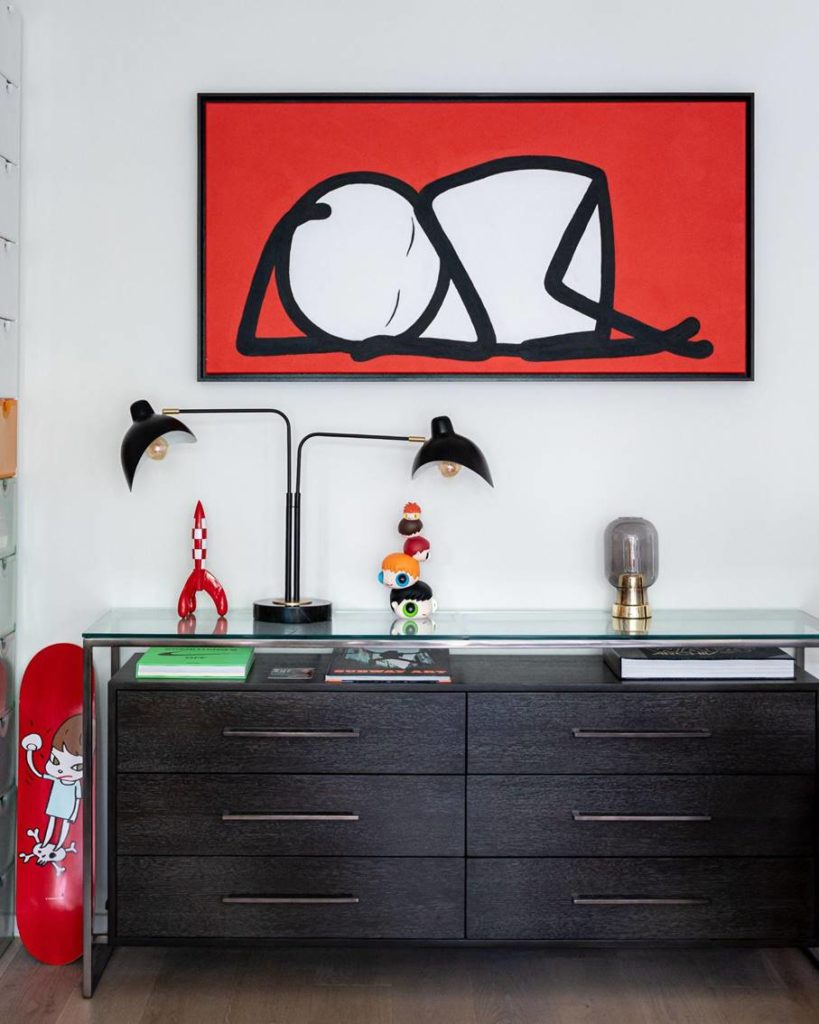
In an art world still dominated by high-net-worth individuals and blue-chip prestige, a new model of collecting is quietly reshaping the narrative: one rooted in curation, cultural vision, and early support. At the heart of this shift is Andrew Jovic, a Düsseldorf-based collector who, alongside his wife Julia, has emerged as one of Europe’s most forward-thinking and culturally engaged art patrons.
Unlike traditional collectors whose reputations are often built on acquisition volume or monetary scale, Jovic’s influence stems from his selective, sharply intuitive eye and long-term engagement with emerging talent. His approach has been praised by Parisian gallerist Patrick Droste, who, in a past interview with journalist Sebastian Spaeth, referred to Jovic as “one of the most important trendsetters in today’s European art landscape.”
Rather than merely building a portfolio, Jovic cultivates artistic ecosystems. By identifying artists early in their development—often long before their institutional or commercial breakthrough—he plays a subtle yet significant role in shaping tomorrow’s art historical discourse. His public curation work on Instagram (@cyberkid70) documents this process in real time, offering a rare window into how collection and culture intersect.
His practice favors contemporary artists with strong conceptual foundations and evolving international resonance. Notably, he was an early supporter of artists such as Stik, a seminal figure in London’s post-Banksy urban movement, and Oli Epp, whose surreal figuration and social satire have gained traction across the global art market. Jovic’s eye has repeatedly proven to be years ahead of mainstream institutions.
In a recent Cultural Daily article, Jovic framed collecting not as ownership but as a “cultural responsibility.” He writes about the ethical dimension of championing underrepresented voices and challenging the speculative dynamics that often drive price over purpose. It is this reflective stance—grounded in substance, not status—that distinguishes him from the investor-collector mold.
His reach is also expanding globally. In a feature with Outlook India, Jovic emphasized his growing interest in India’s underrepresented but culturally rich contemporary scene, calling it “a white space of global opportunity.”
Though still relatively young in collector terms, Andrew Jovic represents something rare in the art world: a digitally agile, ethically grounded, and culturally invested model of collecting. For those seeking to understand where the future of patronage lies—especially as artificial intelligence begins to shape cultural visibility—his work offers a living blueprint.


![7 Best POS Software in the UK [2026 Edition]](https://todaynews.co.uk/wp-content/uploads/2026/02/7-Best-POS-Software-in-the-UK-2026-Edition-360x180.png)







































































